- Heritage 101
- Advocacy
- Accessibility for Historic Places
- Climate & Sustainability
- Cultural Maps
- Heritage Place Conservation
- Heritage Policy & Legislation
- Homeowners
- Intangible Cultural Heritage
- Reconciliation
- Indigenous Cultural Heritage
- Setting the Bar: A Reconciliation Guide for Heritage
- 1. Heritage and Reconciliation Pledge
- 2. Acknowledging Land and People
- 3. Celebrating Days of Recognition and Commemoration
- 4. With a Commitment to Learn
- 5. Committing to Strategic Organizational Diversity
- 6. Mission-Making Room for Reconciliation
- 7. Possession, Interpretation, Repatriation and Cultural Care
- 8. Shared Decision Making
- 9. Statements of Significance and other heritage planning documents
- 10. Heritage Conservation Tools, Local Government Act
- Racism: Do Not Let the Forgetting Prevail
- Taking Action: resources for diversity and inclusion
- Webinars On-Demand
What are your “calls to action” for BC’s heritage community?
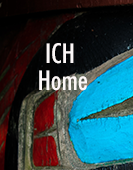 |
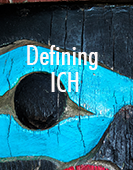 |
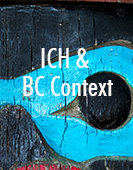 |
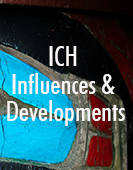 |
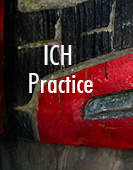 |
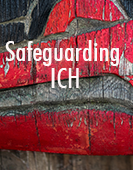 |
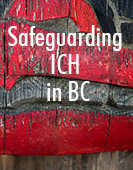 |
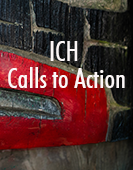 |
George
While everyone’s heritage is worthy of protection, does everyone has access to, control over, or benefit from their own heritage? That, to me, is the key question here that each of us needs to be asking.
To help us move forward, I think that each of us has a responsibility to read carefully and understand the provisions of UNDRIP and of the Truth and Reconciliation Commission’s recommendations.
As professionals, we need to be aware of our legal and ethical obligations regarding Indigenous heritage. And as citizens, we each should know what the treaties are of the lands in which we reside, these are basic but essential steps for moving forward together in a good way.
I would also add community-based research as an action – including reaching out to learn what “heritage” means to community members or nations or what they value.
It takes time, it takes years to develop trust and respect. But also, we need to ask the question “Who is the community?” We cannot assume that anyone individual, whether Chief, council members, elders, or citizens of that nation, is speaking for all the people in that community. Often in indigenous communities, there are a host of different perspectives and different values.
Unfortunately, many researchers don’t have the time to do their homework, to reach out, to make the effort to seek local values and that is really a problem.
Katharine
I fully agree with the idea of everyone reading UNDRIP, everyone educating themselves about the treaties, and reading the TRC as a way of moving forward for the heritage community.
And then beyond that, I think, something that maybe we can take away from this panel, especially the last point that we were discussing, is that we’re really talking about creating conditions for living heritage to continue and thrive.
And I think there are tons of opportunities for creative thinking in this area. There are all kinds of different ways that policymakers, community organizations, individuals, academics, and universities can think of different types ways to celebrate heritage: gatherings, prizes, festivals, workshops.
Look at the Toronto Caribbean Carnival. It is a fantastic example of keeping intangible living heritage alive in Canada and it’s a joyous occasion that involves tons of people. People get together and they have so much fun with the dancing, costumes, music, and food. It shows how living heritage is something that exists in the realm of creativity and inspiration. So maybe my call to action is to think outside the box and think about also how much fun living heritage is.
Agnieszka
Creativity and intangible heritage are so much fun and so beautiful to look at. I also agree with my co-panelists that to protect ICH, we need to reassess how we approach heritage.
I have a number of calls to action”. One is straightforward: for Canada to sign the 2003 UNESCO Convention on ICH. I think that would be one effective way to affect policy change and create practical change for communities here in BC.
The second ‘call to action” is something I advocate for in my work: to have the Canadian Centre for Intangible Cultural Heritage. I would personally find use in a centre that houses a library of music, books and which provides cultural resources for Canadians. I would love to have access to Polish books or Anishinaabemowin language books. Living in northern BC, I have very limited if non-existent access to the diversity of cultural materials I seek. If we could even have such as library in every province! Imagine the possibility of Indigenous people who are away from their home territories (because of school or work) to still connect with their roots by having access to language materials and resource created by their own communities and housed in a ‘BC ICH Centre’.
I often think of young people, my students, who leave their communities to go to university, but who would still like to retain a connection to their heritage or to learn their (or other) languages. The First Voices language site (created by the FPCC) is fantastic and we can create more such resources and make them available, accessible, and most of all, we can make them attainable.
Finally, I would say, therefore, my ‘call to action’ is to allow people to take advantage of the ICH discourse and push for Canada (and BC) to provide them with the avenues to learn and retain, their heritages.
